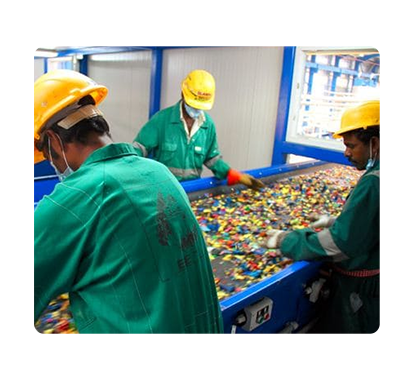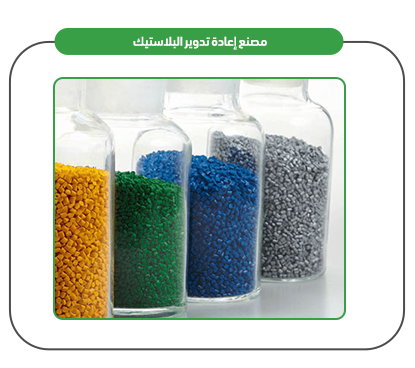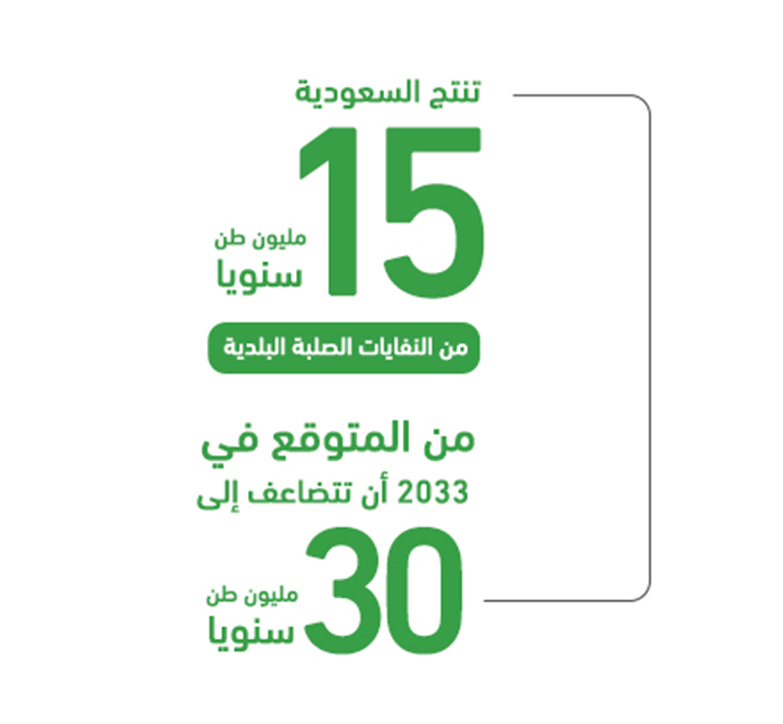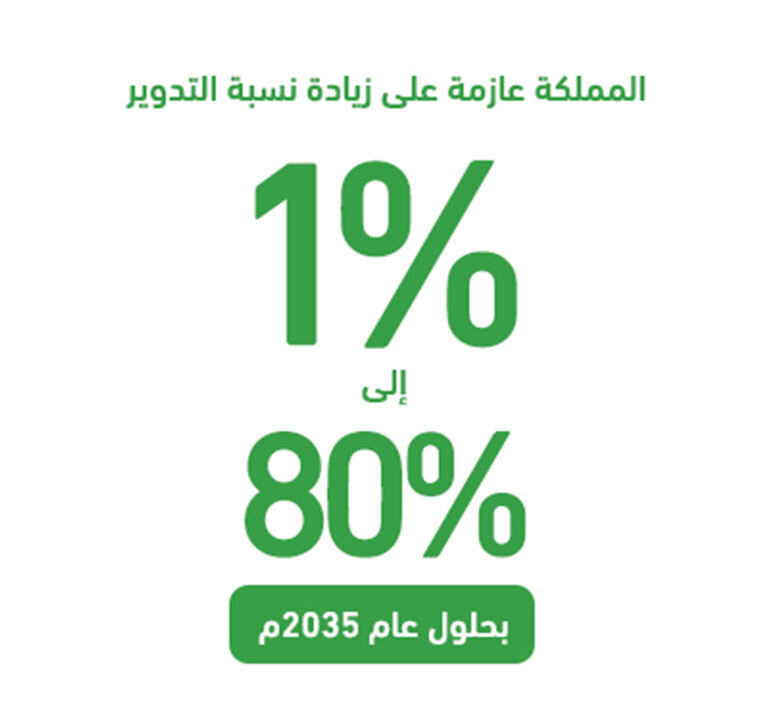The Plastic Recycling Plant is an industrial facility that shifts the plastic waste into materials used in producing new plastic products. This process typically involves several stages, including: collecting used plastic materials, sorting, washing and grinding, then shifting these materials into small granules and finally the extrusion process. The project significance lies in reducing the waste volume, saving energy and natural resources, and curbing pollution and greenhouse gas emissions.

The Plastic Recycling Plant is an industrial facility that shifts the plastic waste into materials used in producing new plastic products. This process typically involves several stages, including: collecting used plastic materials, sorting, washing and grinding, then shifting these materials into small granules and finally the extrusion process
The project significance lies in reducing the waste volume, saving energy and natural resources, and curbing pollution and greenhouse gas emissions
Mashroo3k for Economic Consulting is pleased to provide comprehensive feasibility studies based on a vast database covering all the Middle East markets. Our company provides precise analyses explaining the competitors and their strategies, strengths, weaknesses, and potential opportunities and threats. Our company has a professional, experienced, and efficient consulting team helping clients to make their informed and right decisions

Plastic bags
Containers
Glasses
Plastic furniture and chairs
Toys
Household items


Executive Summary
Project Service/Product Study
Market Size Study
Study of Risks
Technical Study
Financial Study
Regulatory and Administrative Study

In recent years, Saudi Arabia has turned its attention to the recycling sector, recognizing its importance in achieving the goals of Vision 2030 and its potential to drive the economy towards sustainable development. In 2017, we witnessed the establishment of the Saudi Investment Recycling Company (SIRC), supported by the Crown Prince himself, with the hope of saving billions of riyals lost annually from the Kingdom’s treasury due to the lack of attention to recycling industries. These lost funds have been approximately estimated to range between 30 billion and 70 billion SAR.
To reassure our clients about investing in this sector, we will present here the most important indicators and results of the sector according to the latest statistics available to us:

Mashroo3k affirms that the volume of waste in Saudi Arabia now exceeds 45 million tons annually. With the Kingdom determined to increase the recycling rate from 1% to 80% by 2035, the company believes that investing in this vital sector will be highly profitable. Regarding the prospects of the recycling and energy industry, we can mention the following:
Mashroo3k for Economic Consultancy and Market Research emphasizes that recycling is one of the promising sectors in Saudi Arabia, and its projects will present genuine investment opportunities, especially as the Kingdom moves towards a green economy. Environmental preservation has become a top priority for the wise leadership, as clearly reflected in Vision 2030.